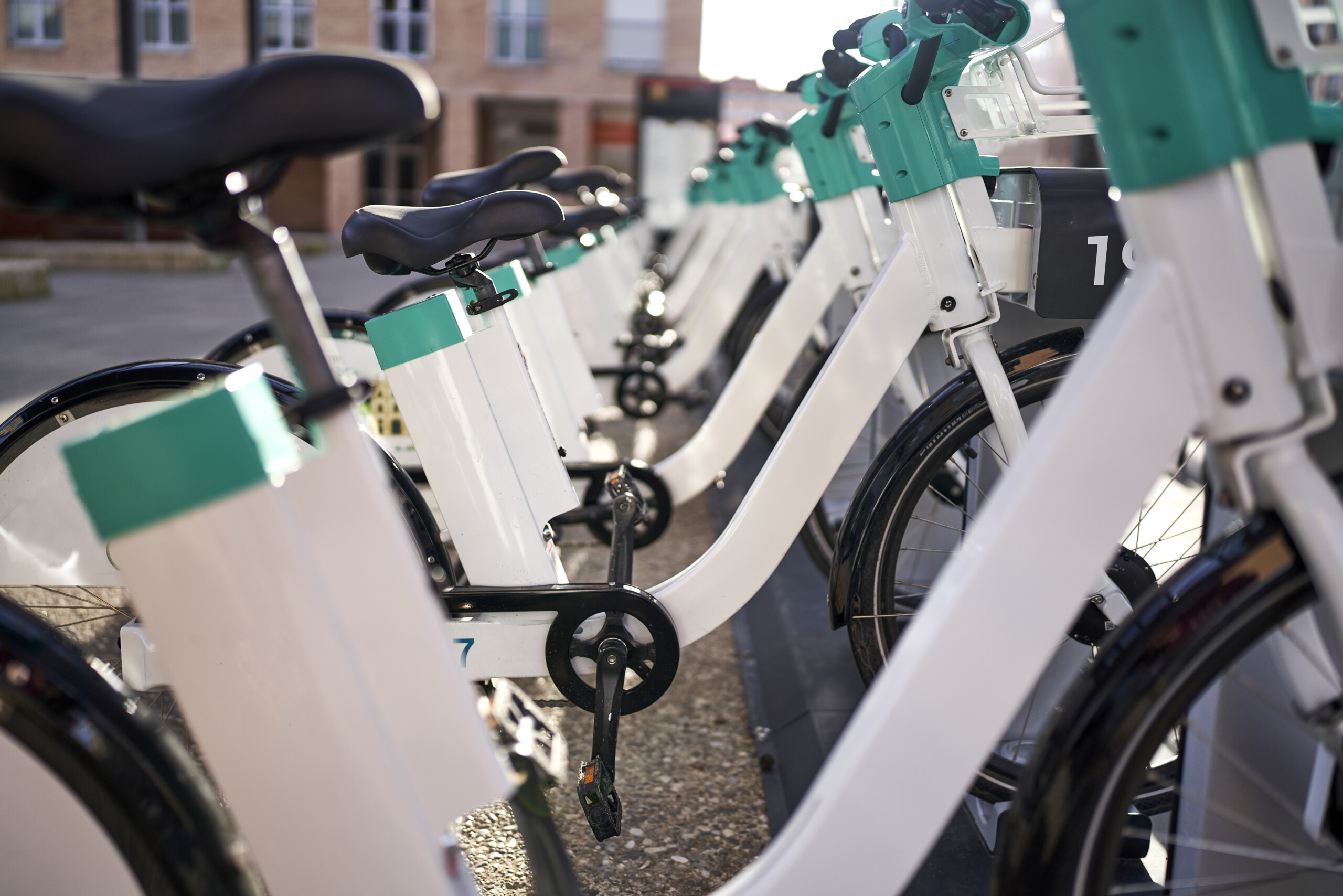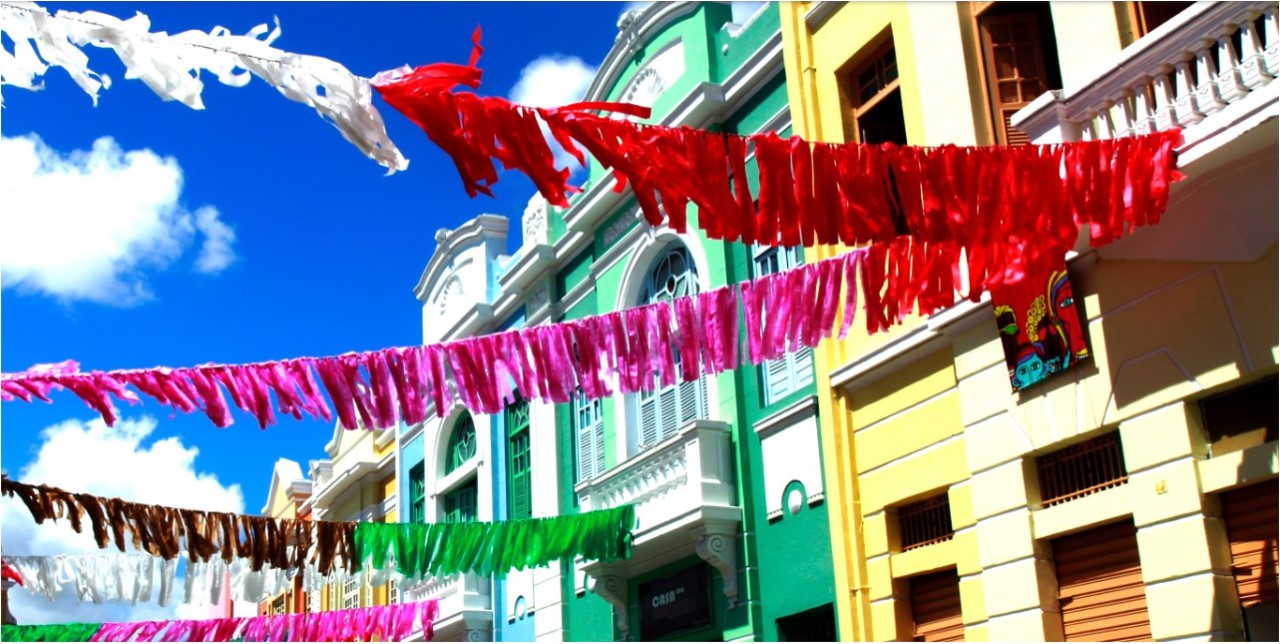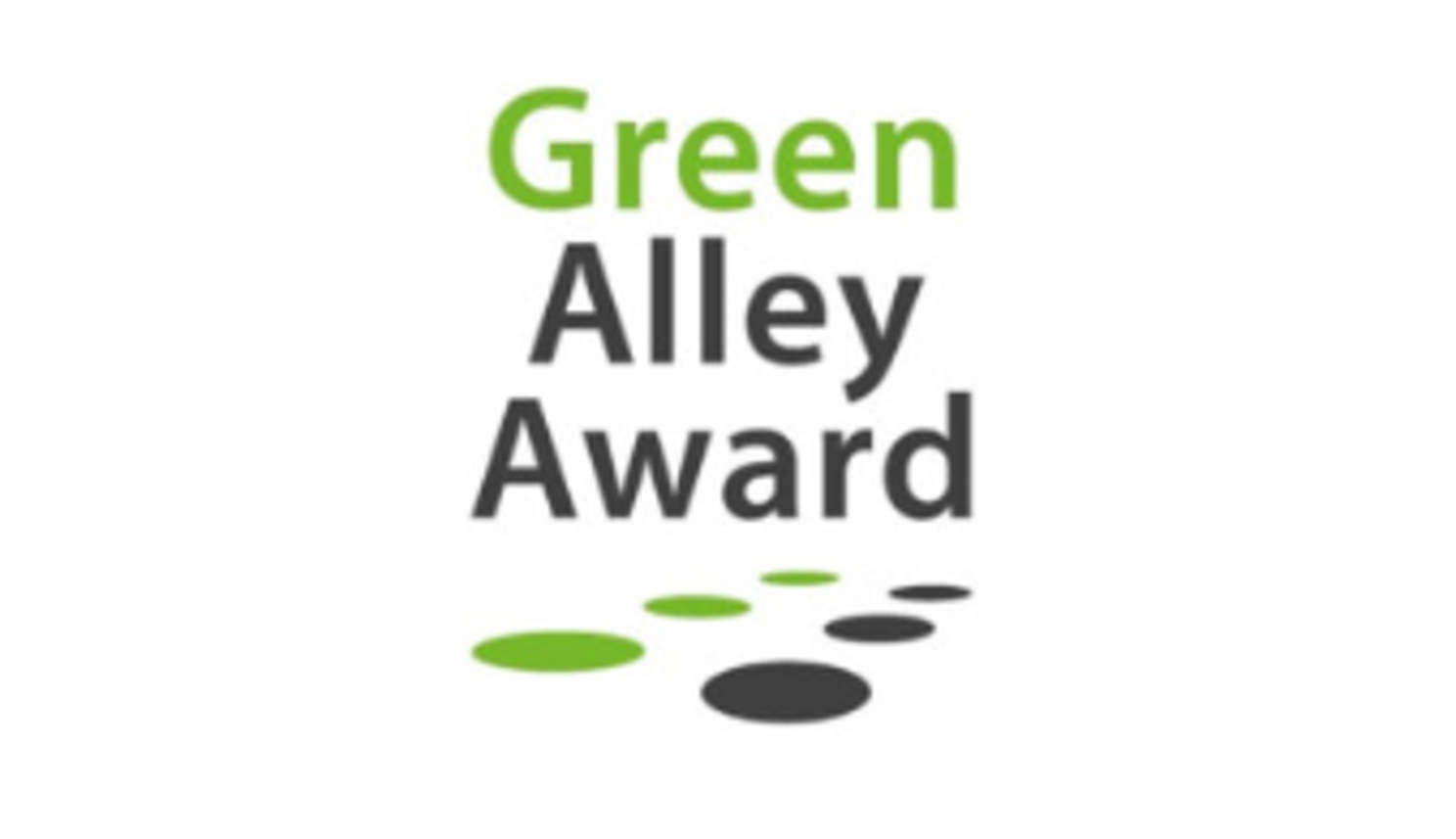Green Alley Award 2016
Six start-ups nominated for finals
The finalists for the third Green Alley Award, Europe’s first founder’s prize for start-ups in the circular economy, have been announced. From among nearly 200 business ideas, six teams have been selected to pitch at the Green Alley Award finals on October 27th, 2016 - amongst them start-ups from Germany, Finland, UK and France.
Berlin, October 5th, 2016. The finalists for the third Green Alley Award, Europe’s first founder’s prize for start-ups in the circular economy, have been announced. From among nearly 200 business ideas, six teams have been selected to pitch at the Green Alley Award finals on October 27th, 2016.
The nominees include start-ups from the UK, France, Finland, and Germany. In Berlin, the founders will have five minutes each to present their ideas to a six-person jury, which will then select the most compelling start-up as winner of the Green Alley Award 2016.
“We received applications from 52 countries,” reports Jan Patrick Schulz, CEO of Green Alley Investment GmbH. “
This figure proves that entrepreneurs from Europe and beyond are getting excited about the circular economy, developing business models that can contribute to improved resource conservation. These founders are developing sustainable and economic concepts to tackle problems from everyday life. It’s exciting to see how much is happening in this area and how challenges are being identified and approached in completely new ways.”
Since 2014, Green Alley, a subsidiary of Landbell AG, has been annually honouring ideas that address waste and resource management with its Green Alley Award in conjunction with several award partners: the crowdfunding platform Seedmatch, the London-based accelerator program Bethnal Green Ventures, and the European Recycling Platform (ERP) Finland.
The following finalists will pitch their ideas on stage in October in front of an international audience of circular economy experts and start-ups:
When consumers order take-away food from restaurants, they usually receive their dishes in plastic, Styrofoam, cardboard, or aluminium foil – or, in most cases, some combination of these materials. The average EU citizen produces 160 kilograms of packaging waste each year. Berlin-based start-up Das Tiffin Projekt aims to significantly reduce this figure. Using Tiffin’s returnable lending system, registered restaurants can offer their customers the option of picking up food without all the packaging, transporting it home in a reusable stainless steel box.
Are foods like fish and meat still edible after the best-before date has come and gone, or are they already spoiled? Consumers will no longer have to ask themselves this question thanks to the UK start-up Design by Sol and its Bump Mark, a food expiry label outfitted with gelatine. With the help of the sticker, consumers can determine the freshness of their products by scanning: if the sticker swells up, the consumer should refrain from consumption. The goal of Design by Sol is to reduce food waste, thereby assuring that edible things are savoured, not lumped in with the 123 kilograms of food that each EU citizen throws away annually.
At night, the buildings and signs of cities are bathed in a blue light, illuminated by glowing bio-organisms: this is the vision of French start-up Glowee, which wants to leverage the power of bioluminescent bacteria – bacteria, in other words, that can generate light on its own or through symbiosis. In the face of an ever growing need for energy coupled with rising emissions, the demand for alternative electricity models is growing. Nineteen percent of global electricity demand is used to supply street lamps and other light sources. Based on a concept from the natural world, Glowee presents the market with a technology that could significantly reduce this figure.
CO2 pollution, particulate matter, nitrogen oxides – in Germany, too, cities regularly run the risk of exceeding the prescribed limits for air pollutants. The German start-up Green City Solutions has a smart fix that doubles as an advertising panel: the City Tree, an installation made of moss culture and powered autonomously through photovoltaics, rainwater, and IoT technology. A single City Tree does what would otherwise require 275 trees: it absorbs 100 kg of CO2 annually, thereby ensuring clean air as well as a pleasant urban climate.
Restaurants that offer a broad variety of dishes have to reckon with a great deal of leftover food at the end of the day. From there, it’s not far to the road to food waste, which eventually leads to the 222 million tons of food thrown away in industrialized countries each year. Finland’s ResQ Club team shows how leftovers can be given a second chance while at the same time providing restaurants a novel way to transform would-be waste into a new source of revenue. With the start-up’s help, customers can use an app to purchase leftover food in their neighbourhood for a lower price.
There is no alternative to digitization, even on the building site, a new study by Roland Berger finds. Construction companies will risk their competitiveness if they do not implement digital solutions soon. The need for innovation is even more urgent considering productivity in the sector has only grown by four percent in the last ten years. German start-up Restado has recognised the need for digital solutions in the sector and has put one approach into practice: After home construction, renovation, or craft projects, consumers are often faced with the question of what to do with the residual materials. The same is true for industry actors when misplaced orders for building materials go through. The digital sales platform Restado supports the DIY trend, allowing even small amounts of materials to find buyers.
About the Green Alley Award:
The Green Alley Award is given once a year to entrepreneurs and start-ups of the circular economy, organized by a network of partners in the Circular Economy and European entrepreneurial scene. Green Alley, the initiator and circular economy investor, has been working with Seedmatch, Germany’s crowdfunding pioneer, since 2014. Additional partners include the London accelerator Bethnal Green Ventures for technology driven start-ups in environmental and social areas. This year’s lead partner is the European Recycling Platform (ERP) Finland, a recycling supplier for electrical and electronic equipment as well as batteries.
News & Events
Latest news and events
It is not only about process and compliance, but also about networking. ERP shares knowledge, insights, and news so that together we promote the sustainable agenda.
News
April 2nd, 2023
Bicycle Association appoints ERP UK as partner for breakthrough new service On 28 February, the Bicycle Association (BA) announced its intention to
News
April 2nd, 2023
New packaging obligations for producers in Brazil In December last year, two states in Brazil – Paraiba and Pernambuco –


